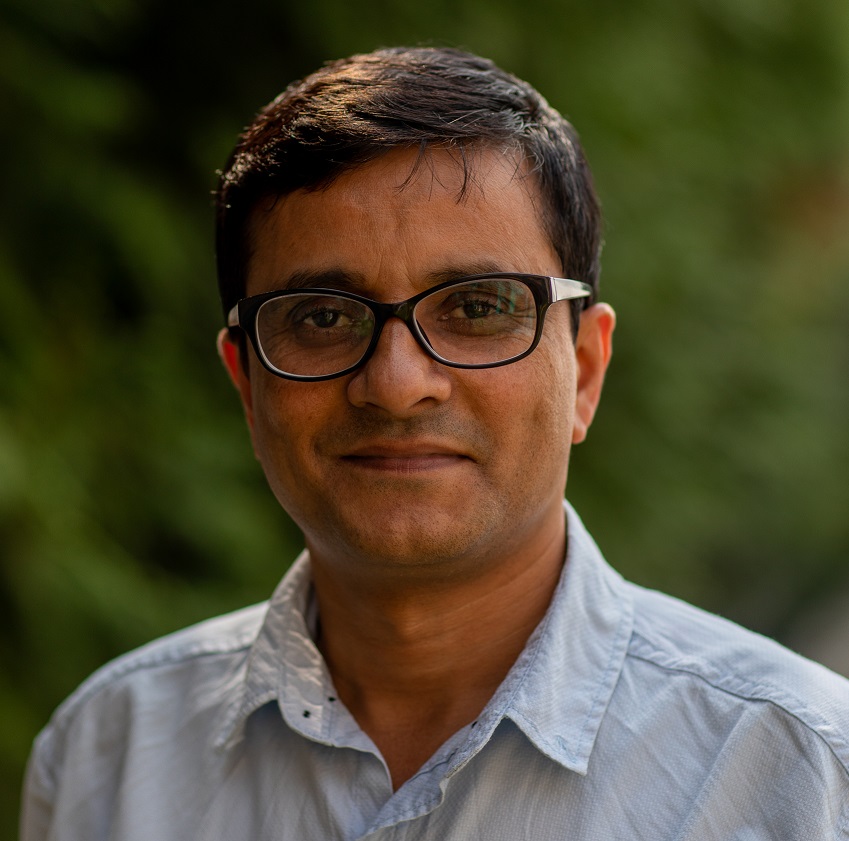Basanta Gautam
I started my forestry career by working at one of the most remote national parks in Nepal called Makalu Barun. I had to walk full three days to reach my duty station! Working in a region where natural resources management and human use move hand in hand, I had a rare opportunity to understand how theory and practice should be balanced in a country like Nepal.
While studying at UEF, I had many opportunities to learn about European countries and their forest management practices. We visited many countries during the course (e.g., Finland, Sweden, Germany, Spain, and France). I completed my master’s thesis on “Land use change and its impact on soil and water in rural villages in Dadeldhura district, Nepal.”
An opportunity to work in the Finnish Forestry Company
As soon as I completed my master’s thesis in 2008, I got an opportunity to work in a Finnish Forestry Company called Arbonaut. Arbonaut specialises in RS and GIS-based forest mapping, particularly LiDAR technology. I started my career at Arbonaut by working on a power line safety assessment project. I worked as the Manager at REDD+ and Sustainable Forestry Unit at Arbonaut between January 2010 to July 2022. I managed forestry and REDD+-related projects in developing countries (e.g., Nepal, Nigeria, and Uganda). My position at Arbonaut Ltd. involved REDD+ project design, project management, forest inventory methodology development, conducting field inventories, and QA/QC of Arbonaut’s projects.
I also represented Arbonaut in many international conferences and meetings, such as UNFCCC, UN, EU, FAO, WB, CIFOR, GFOI, etc. I regularly participated in United Nations Framework Conference on Climate Change Conferences (COPs). The UNFCCC organises COP each year to discuss issues related to climate change. The COP adopts decisions and resolutions and publishes reports. The COP decisions become a set of rules to be implemented by the parties. The main objective of the conventions is to make decisions to minimize greenhouse gas concentrations below a level that will prevent human interference with the global climate system. I was very lucky to participate in the conference in Paris, France, where it adopted the “Paris Climate Accord” with an ambitious goal to limit the increase in the global average temperature to well below 2 °C above pre-industrial levels and pursuing efforts to limit the temperature increase to 1.5 °C above pre-industrial levels. I also participated United Nations Conference on Sustainable Development (Rio+20) in Rio de Janeiro, Brazil, in 2012.
I encourage new students, especially from developing countries, to apply for the upcoming MSc EF courses. This will provide opportunities to adopt practices of a blend of knowledge developed in versatile institutions working in the Erasmus Mundus Mobility Programme.

After his job at Arbonaut, Mr. Basanta Gautam was a Manager of REDD+ Technical Innovation in Verra, USA. He is currently working as the Global Associate Director of Jurisdictional & Project REDD+ at the South Pole office in Helsinki, Finland